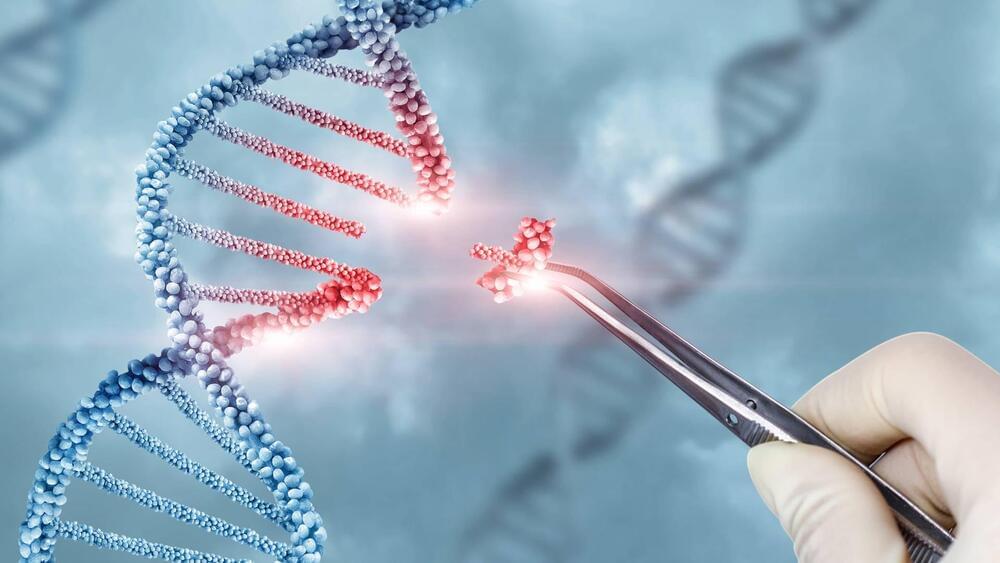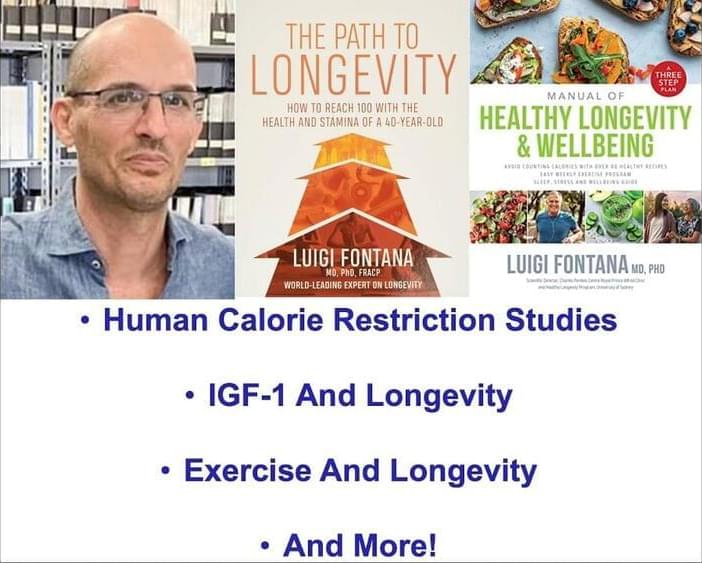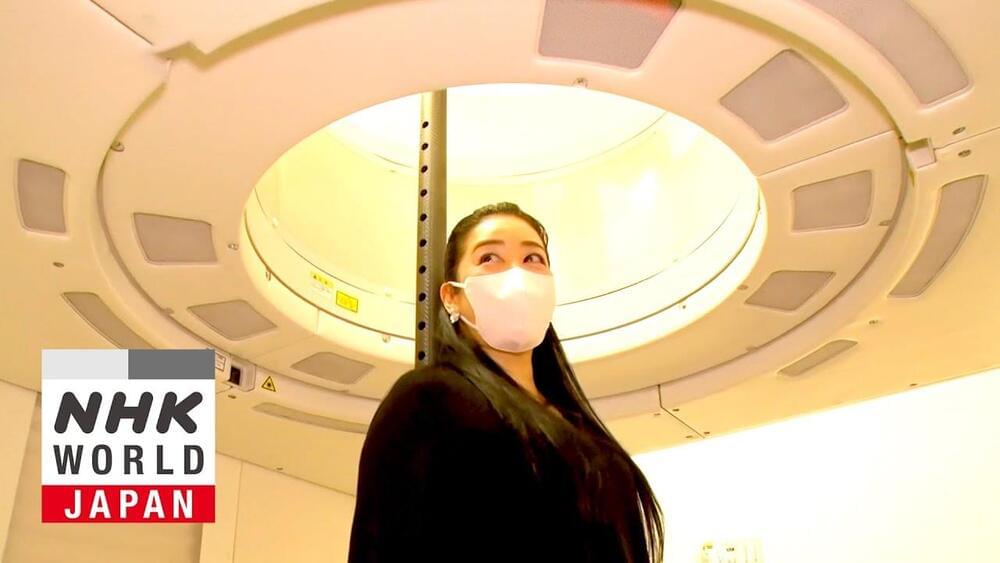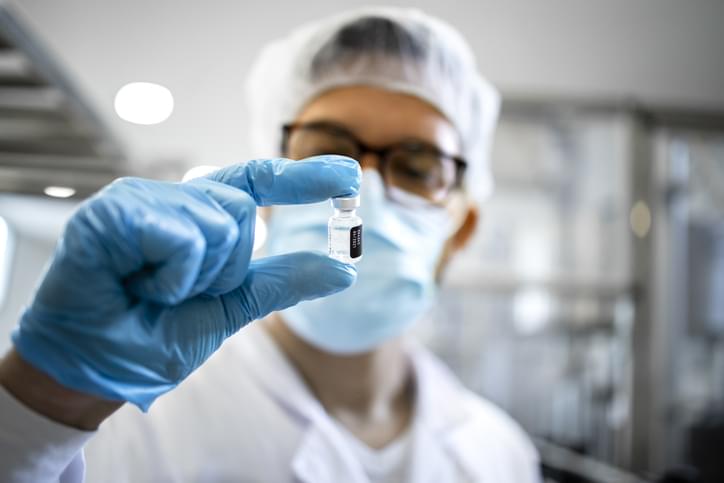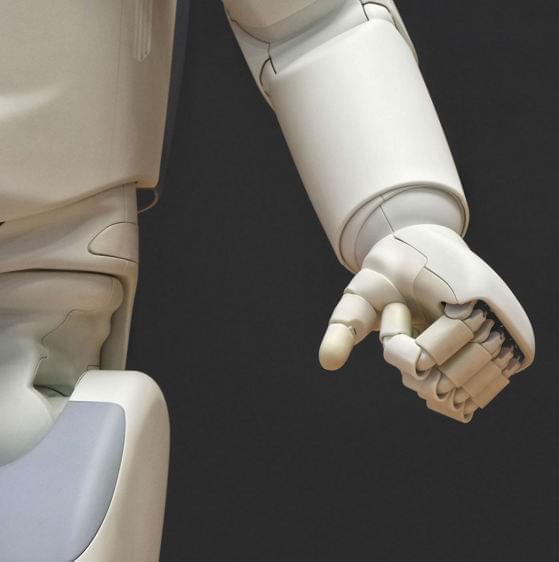Sep 10, 2023
Scientists link baby’s brain development to their gut bacteria
Posted by Arthur Brown in categories: biotech/medical, neuroscience
The development of your baby’s brain could be influenced by the microbes in their belly, scientists have found.
The trillions of microbes that live inside our guts play essential roles in a range of bodily processes, from digestion to mental health. The gut contains more than 100 million nerve cells—the highest concentration in any part of the body other than the brain. Now, we are also beginning to learn about the roles of these microbes in the earliest stages of our lives.
“The microbiome plays an important role in the early development of several systems, such as the nervous and immune system, as well as providing another layer of protection against pathogens [disease],” Sebastian Hunter, a researcher from the University of British Columbia who led a study on the subject published Wednesday in the scientific journal PLOS One, told Newsweek.

